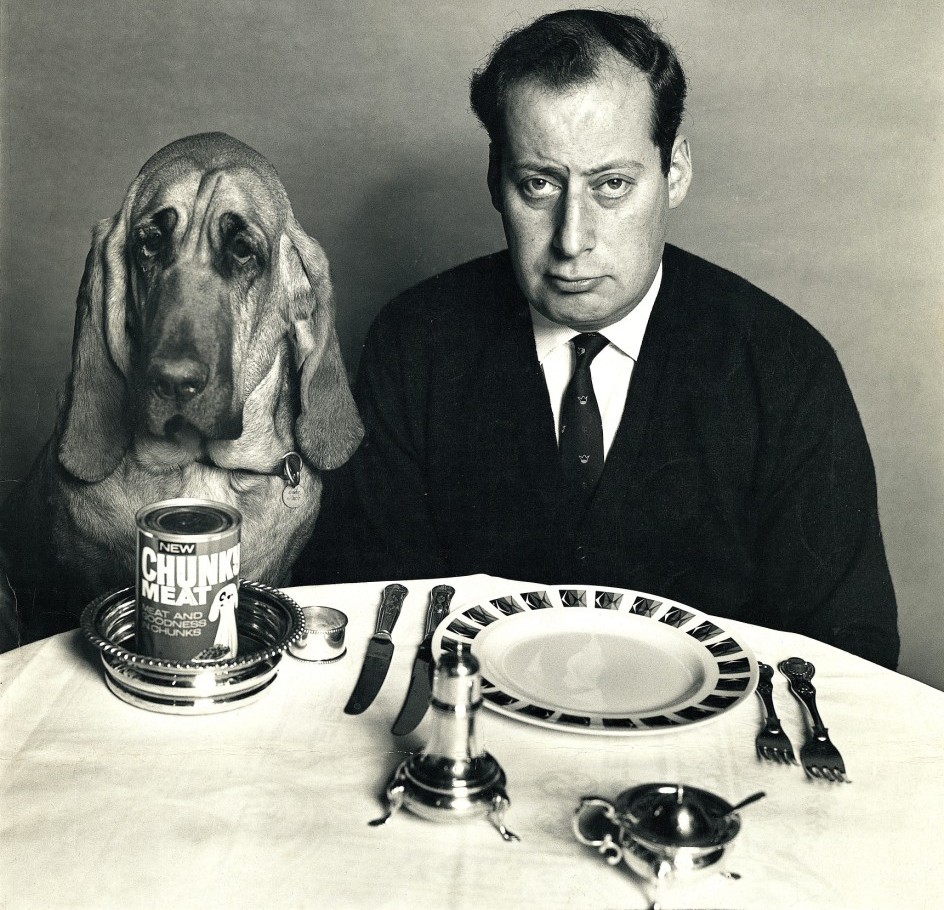Sometimes a truth is hidden for so long that the reveal becomes anticlimax. For many years, Americans would have given anything to know the identity of Watergate’s Deep Throat, but how many could today readily name him as W. Mark Felt, who seemed to mysteriously disappear back into the shadows immediately after acknowledging in 2005 his key role in the Woodward-Bernstein reportage?
Similarly more interesting in his nebulous state was “D.B. Cooper,” who in 1971 hijacked a plane, collected ransom and parachuted into parts unknown. Excited 2011 headlines named Lynn Doyle Cooper as most likely being the daring criminal, but by then it was almost beside the point, the man had become myth.
This original 1971 Walter Cronkite report about the D.B. Cooper hijacking, heist and escape, contains interviews with many members of the shaken flight crew.
Before Mailer and Breslin tried to relocate to New York City’s Gracie Mansion, William F. Buckley made his own quixotic run for the mayor’s office for the Conservative Party. In these 1965 clips on NBC’s Meet the Press, Buckley discusses his candidacy, which, as the New York Times wrote in 2008, “drew much of its support from aggrieved white ethnic voters who were angry over crime, urban unrest and liberal policies on poverty and welfare.”
Gossip really bothers me on a visceral level, but I have to acknowledge its utility. Before news organs with something to lose will touch a story, whispers carry the day. While most of it’s petty and unnecessary, but occasionally it can be an insurgency. Sometimes gossip, the original viral information, is the fastest route to justice.
In 1973, gossipmonger Rona Barrett and Sigmund Freud’s polymath grandson, Sir Clement Freud, got into a dust-up on a program Jack Paar hosted years after he abandoned the Tonight Show.



